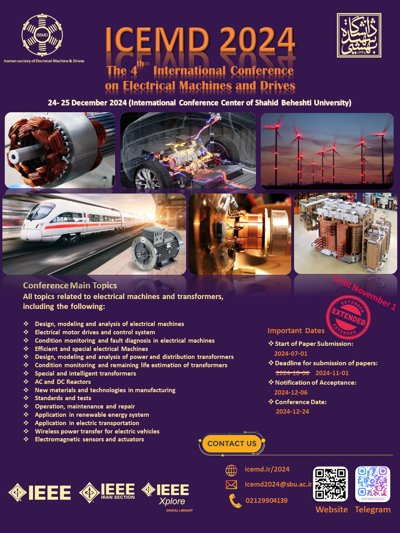0% Complete
نویسندگان :
کلمات کلیدی :
چکیده :
لیست مقالات بایگانی شده
علیرضا قائم پناه - علی مصلی نژاد - فرهاد حق جو
Ali Hazrati-Hezejan - Aref Molaei - Ramin Alipour-Sarabi
AmirAbbas Vahaj - Hamed Tahanian
Farshad Kiani - Hamed Tahanian
Reza Takarli - Mohammadreza Adib - Abolfazl Vahedi - Reza Beiranvand
Saeed Hajmohammadi - Zahra Nasiri Gheidari
MohammadAli Razavi - Farid Tootoonchian - Zahra Nasiri Gheidari
Moein Farhadian - Farshad KIANI - AmirAbbas Vahaj - Hamed Tahanian
Mahdi Nikzad - Zahra Nasiri-Gheidari


